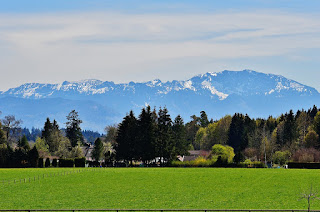
Moroccans are very religious, yet easy-going people, as long as you respect their religious beliefs. They are also a very hospitable nation. Moroccans are extremely strict on correct clothing and, particularly in rural areas, visiting women have to be covered from wrist to ankle and men to just under the knee. Women are often thought as the second-class citizens in Morocco and would rarely be found drinking in a bar or smoking in the street. Streets are the men’s place whereas as the women mostly stay at home. https://cdn.pixabay.com/photo/2014/11/19/00/50/ Over two thousand years ago, the first settlers in Morocco were called ‘Berbers’. They mostly ate poultry and lamb stews and prepared them using local found ingredients such as; olives, dates and figs. There have been many new food customs introduced to Morocco over the past few centuries, but the most influential and significant one was brought by the Arabs , in the 7 th century. The Arabs brought breads and other fo...


